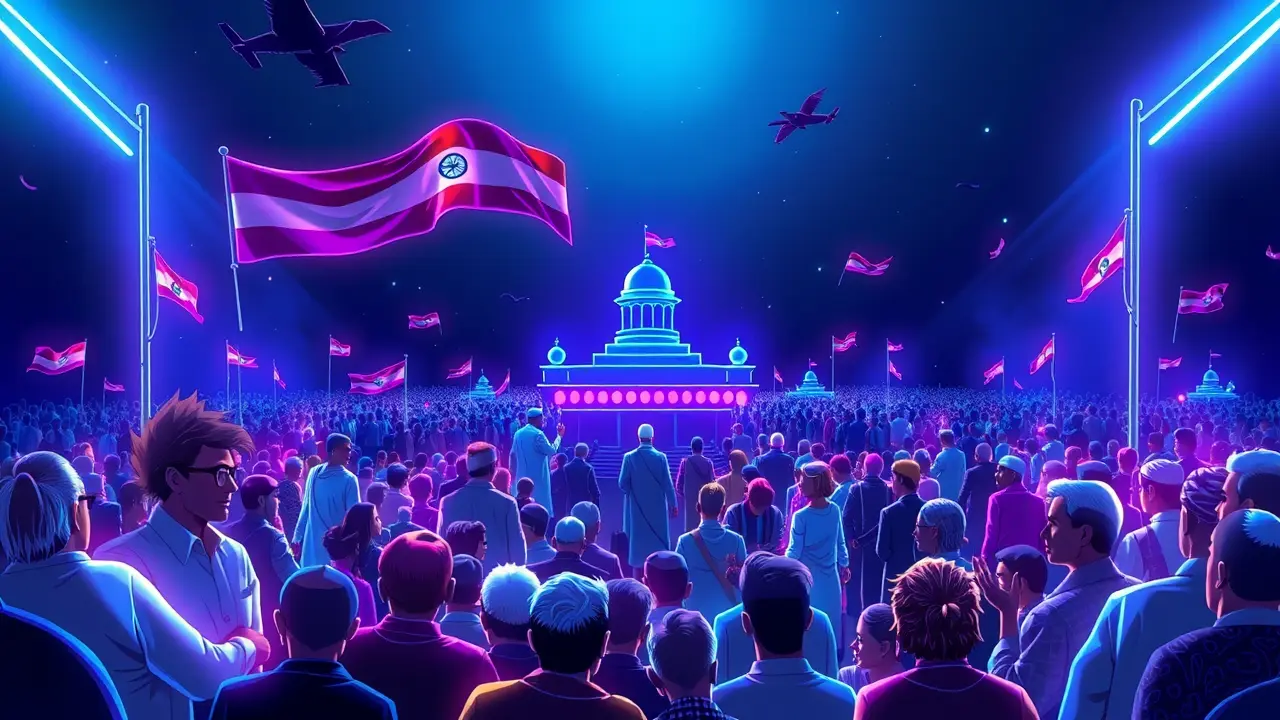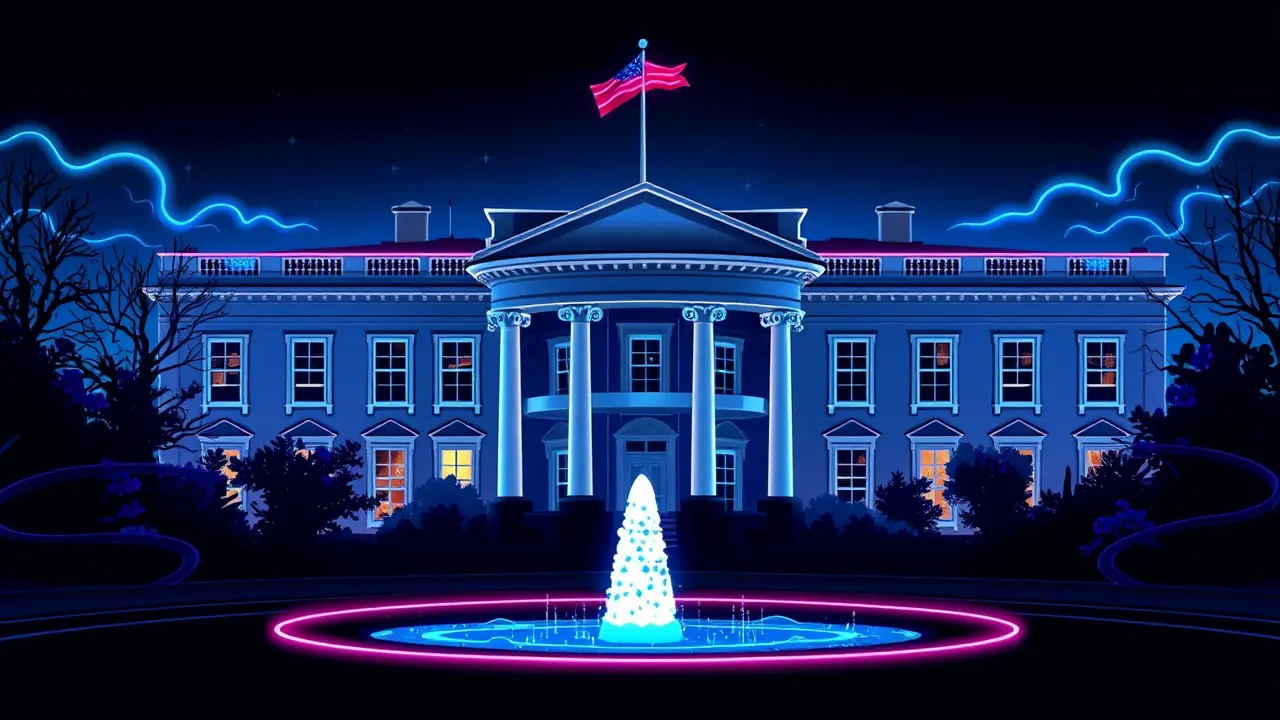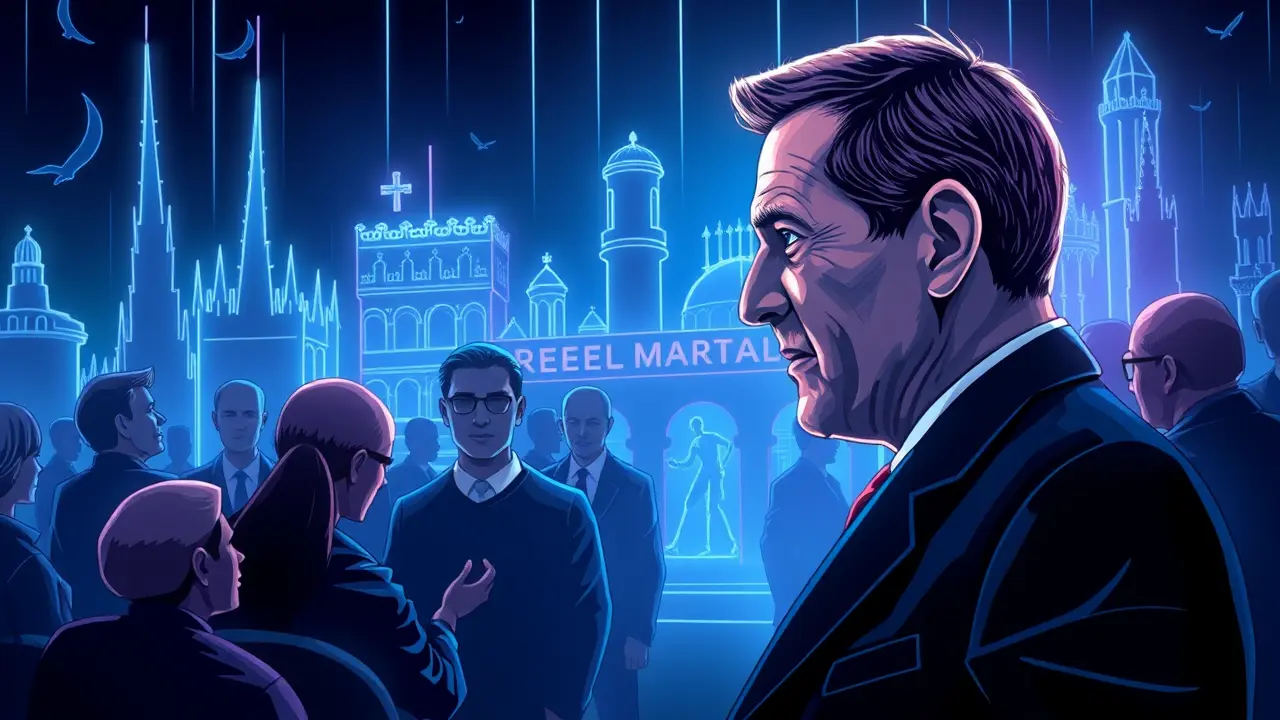
Politicscourts & investigations
Government Abandons Civil Rights Enforcement in Education
RO
Robert Hayes
4 days ago7 min read
The Department of Education’s strategic pivot away from traditional civil-rights litigation marks a profound regression in the nation's long march toward educational equity, effectively transporting parents and students back to a political and moral landscape that predates the landmark 1964 Civil Rights Act. This is not merely a shift in bureaucratic priority; it is a deliberate unraveling of a half-century's worth of legal precedent and hard-won social progress, echoing the states' rights arguments that once fortified segregationist policies.To understand the gravity of this retreat, one must look to the historical parallels, to the era when the federal government first mobilized its authority as a bulwark against institutionalized discrimination in schools. The Civil Rights Act of 1964, a piece of legislation born from fire, protest, and moral clarity, empowered the federal government to withhold funds from segregated school systems and to initiate litigation that would dismantle Jim Crow education.It was a tool of immense power, used by administrations of both parties to enforce the constitutional guarantee of equal protection. Now, the deliberate abandonment of this enforcement mechanism creates a legal and ethical vacuum, inviting states and local districts to test the boundaries of permissible inequality without the looming threat of federal action.The consequences are both immediate and generational: we are likely to see a resurgence in disciplinary practices that disproportionately target students of color, a stagnation in the desegregation of de facto segregated school districts, and a weakening of protections for students with disabilities and those from LGBTQ+ communities. This policy change did not occur in a vacuum; it is the culmination of a sustained ideological campaign to redefine civil rights not as a shield for protected classes, but as a cudgel against so-called 'reverse discrimination,' a narrative that conveniently ignores the enduring realities of systemic bias.Without the proactive, investigative power of the Department's Office for Civil Rights, the burden of enforcement falls entirely upon individual families, who often lack the resources to wage protracted legal battles against well-funded school districts. This creates a two-tiered system of justice—one for the affluent and connected, and another for the marginalized.As a political analyst, I see this not as an isolated policy failure but as a calculated move in a broader cultural war, one that seeks to rewrite the social contract and redefine the federal government's role as a guardian of minority rights. The echoes of history are unmistakable; we have been on this path before, and we know all too well where it leads.
#editorial picks news
#civil rights
#Department of Education
#government policy
#litigation
#Civil Rights Act
#education
#discrimination
Stay Informed. Act Smarter.
Get weekly highlights, major headlines, and expert insights — then put your knowledge to work in our live prediction markets.
Related News
© 2025 Outpoll Service LTD. All rights reserved.








